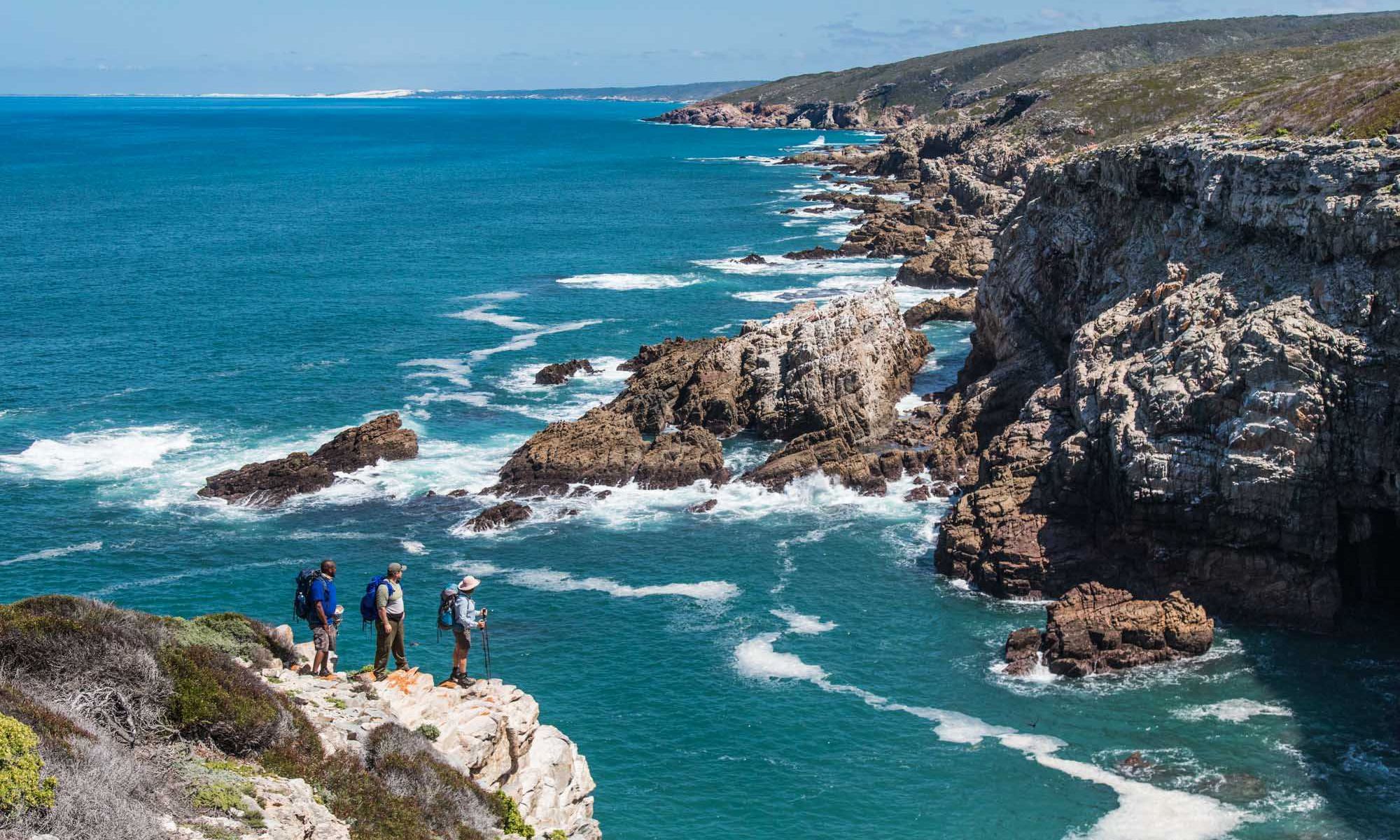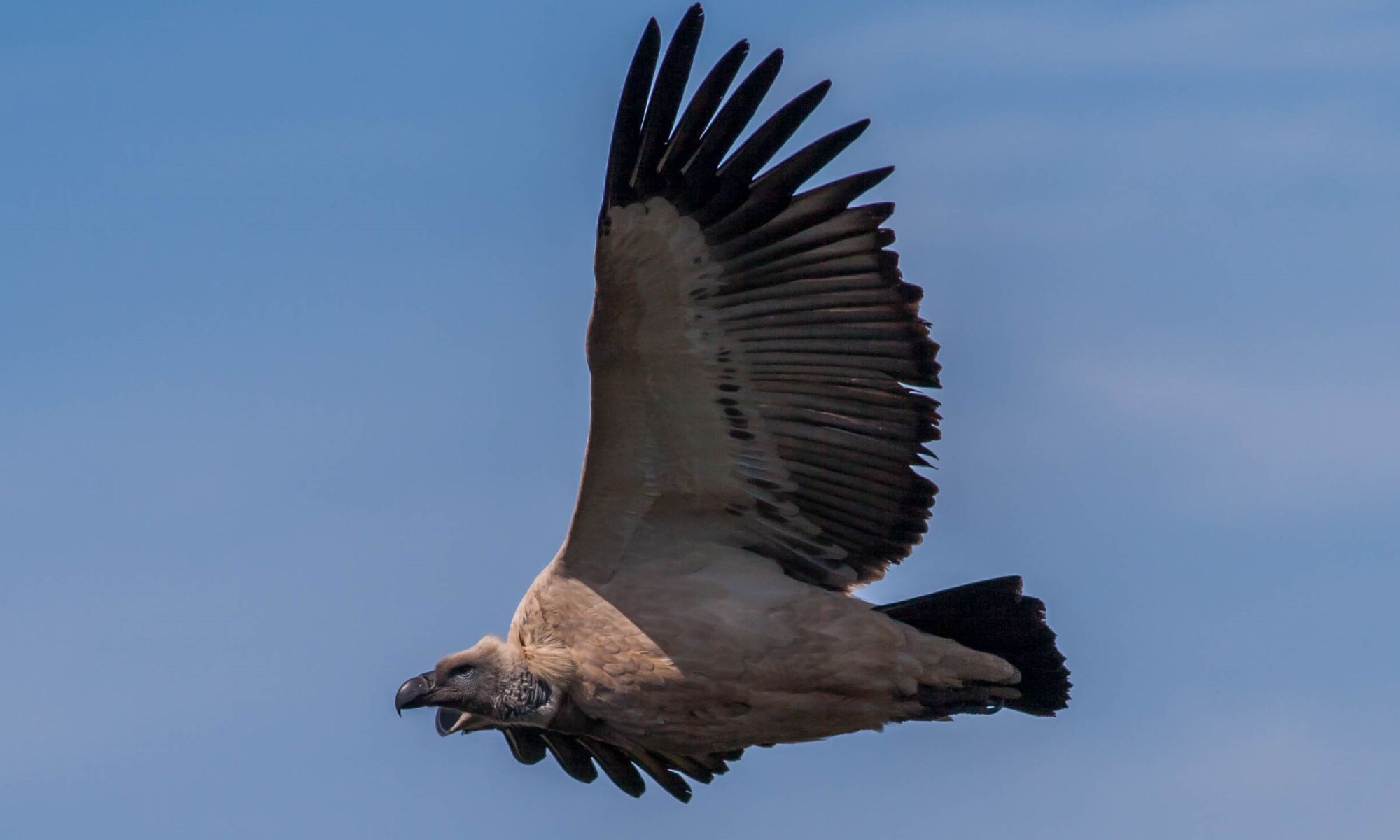
Guardians of the Sky: Cape Vultures in South Africa's Potberg Mountains
High above the rugged terrain of South Africa's Western Cape, a remarkable bird species reigns supreme – the Cape vulture (Gyps coprotheres). CapeNature has been dedicated to the conservation and monitoring of these majestic birds for many years within CapeNature's De Hoop Nature Reserve, where the Potberg Mountains provide vital breeding habitat for the only population of Cape vultures in the Western Cape.
These remarkable birds hold a unique place in the ecosystem and culture of southern Africa. Here are some intriguing facts about these winged giants:
- Cape vultures are predominantly found in southern Africa, populating South Africa, Lesotho, Eswatini, and parts of Namibia, Botswana, and Zimbabwe. Their adaptable nature allows them to thrive in diverse landscapes, from mountains to savannas.
- Cape vultures are known for their strong social bonds and the formation of colossal colonies, especially during the breeding season. These gatherings can consist of hundreds of devoted vulture pairs.
- Vultures play a very important ecological role in the environment. Through their scavenging feeding behaviour, they clean up the carcases of dead animals. This reduces the risk of disease outbreaks of pathogens which can be transmitted by decaying or infected carcasses.
The Cape vultures of the Potberg mountains are not just ecological linchpins but also cultural symbols in parts of southern Africa. Vultures typically have long range movements which complicates their conservation. The main threats to vultures are poisoning (deliberate or accidental), collisions with powerlines, and changes in land use patterns and some livestock farming practices. Vultures are also occasionally targeted for the muti trade and sometimes persecuted by farmers who believe that vultures prey on live sheep. Their survival thus relies on the collaborative efforts of government, conservation organisations, and local communities, ensuring that the vultures continue to soar for generations to come.
De Hoop Reserve is 36 000 hectares with its diversity ranging from coastal dunes to the Potberg mountains. During a field excursion to De Hoop in August 2023, various CapeNature staff members gave presentations with Groen Sebenza Intern Kallyn Gunkel presenting on the Cape mountain zebra and Interns Jillian Fredericks and Leandra Knoetze presenting on the Cape vulture. Fieldwork included a long hike up to the vulture colony to do the annual counts and contribute to long-term monitoring of the colony. In addition to the vultures, many other species were spotted such as dozens of Eland, Cape mountain zebra, Rock Hyraxes lining the estuary edges, and a Cape hare.
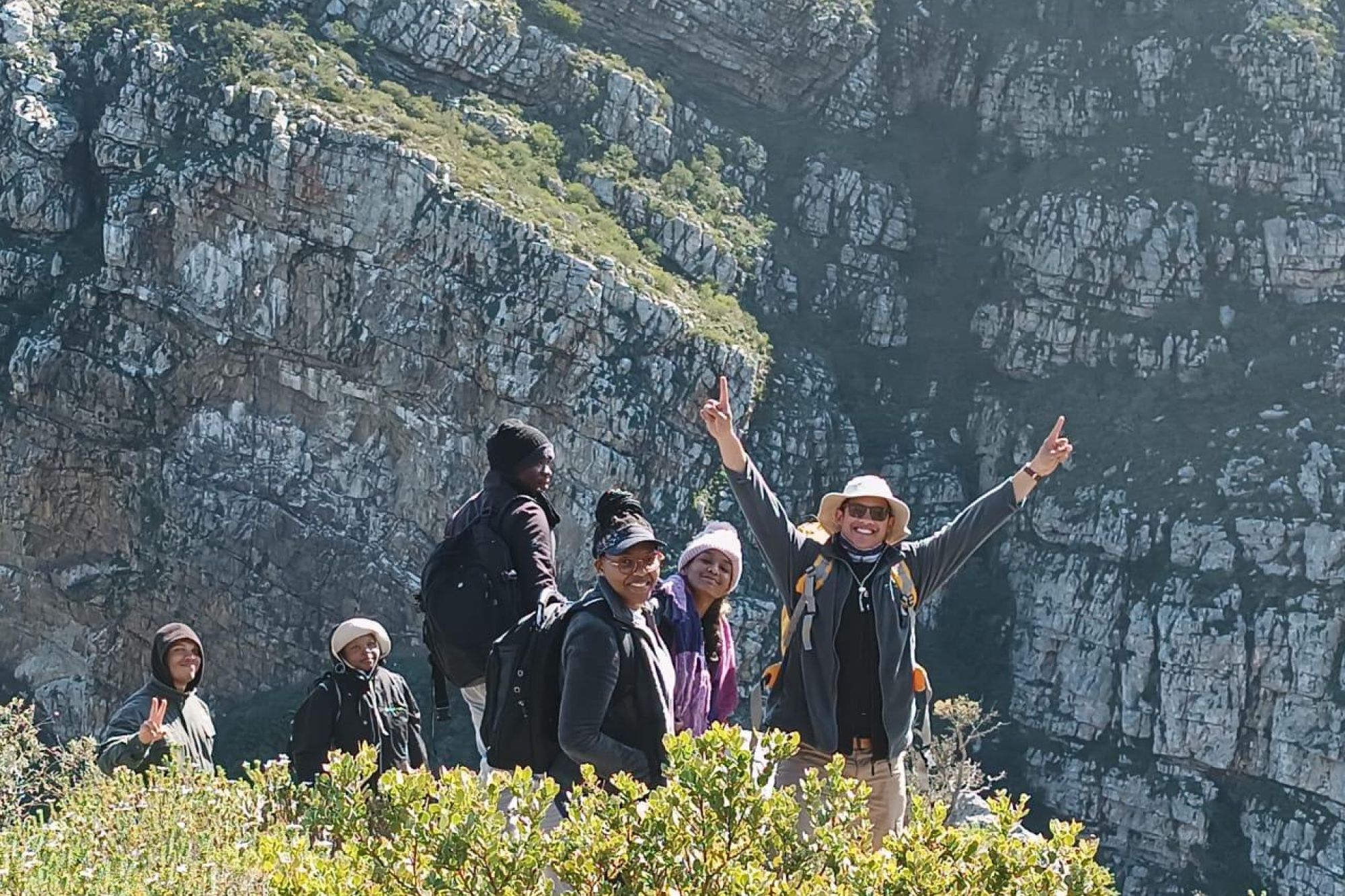
Conservation Officer, Jerome Kannemeyer leading several Interns during the annual count at De Hoop Nature Reserve
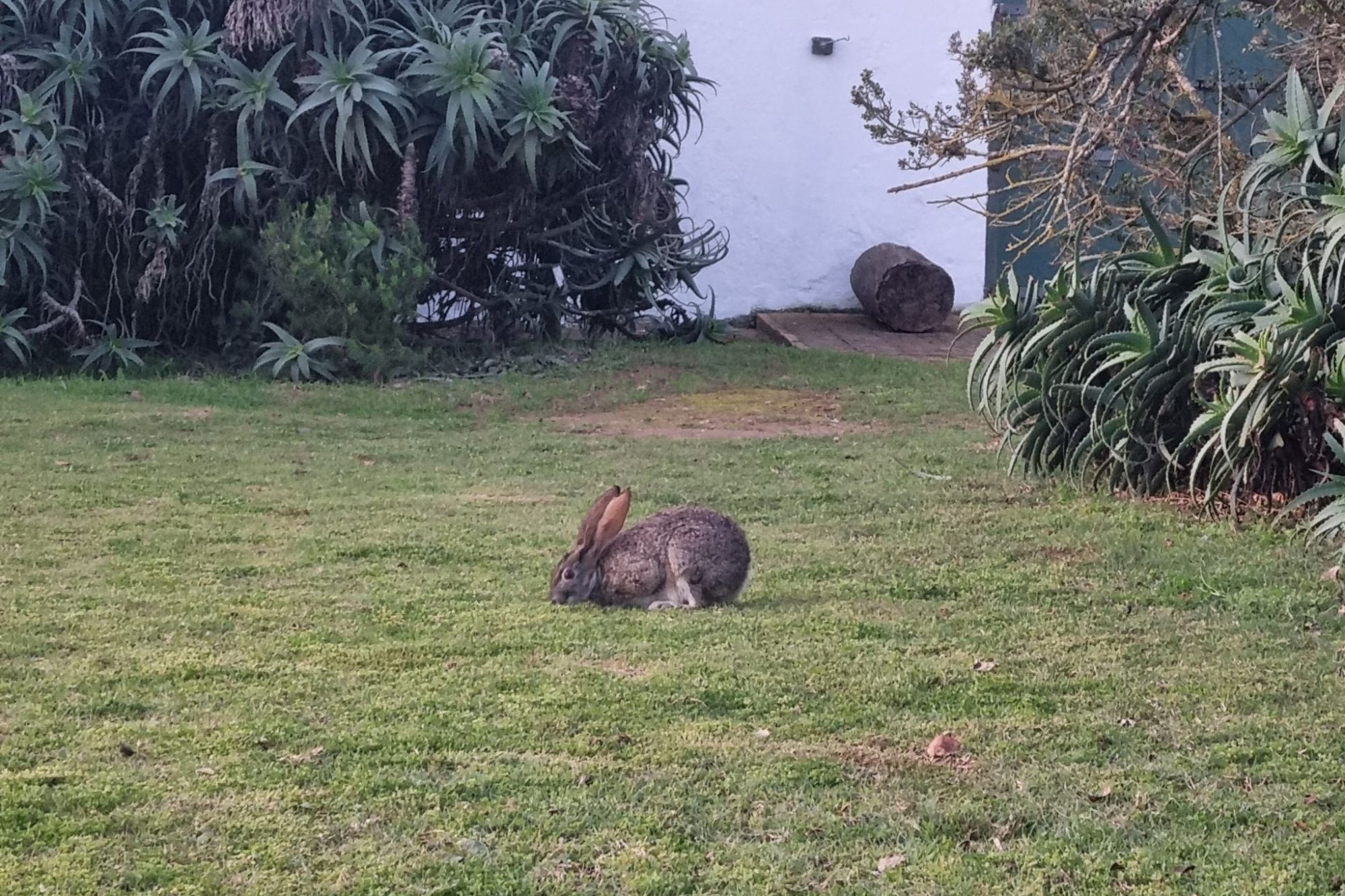
A lone Cape hare was also spotted during the annual count
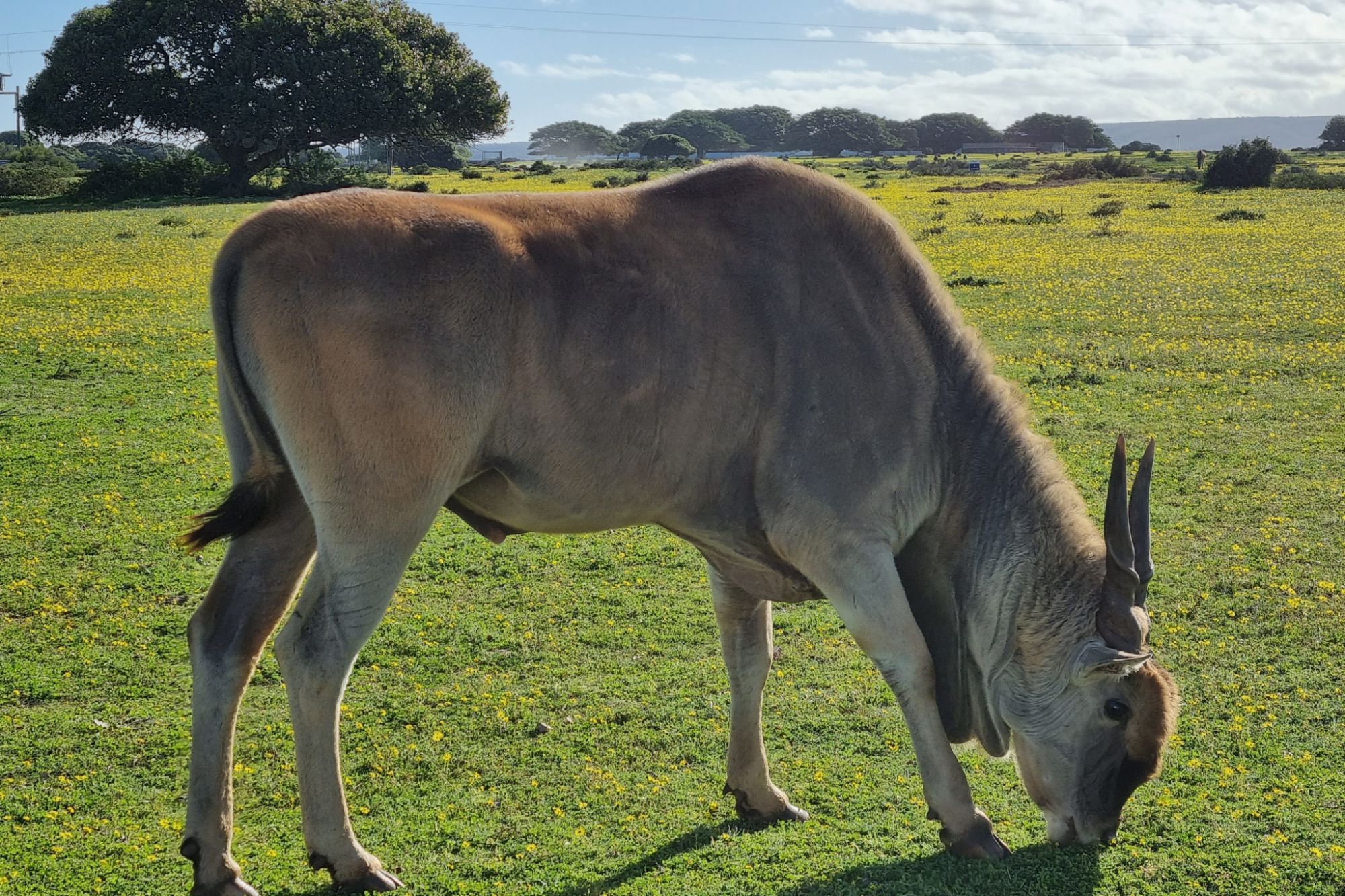
A number of Eland were seen during a field work trip at De Hoop
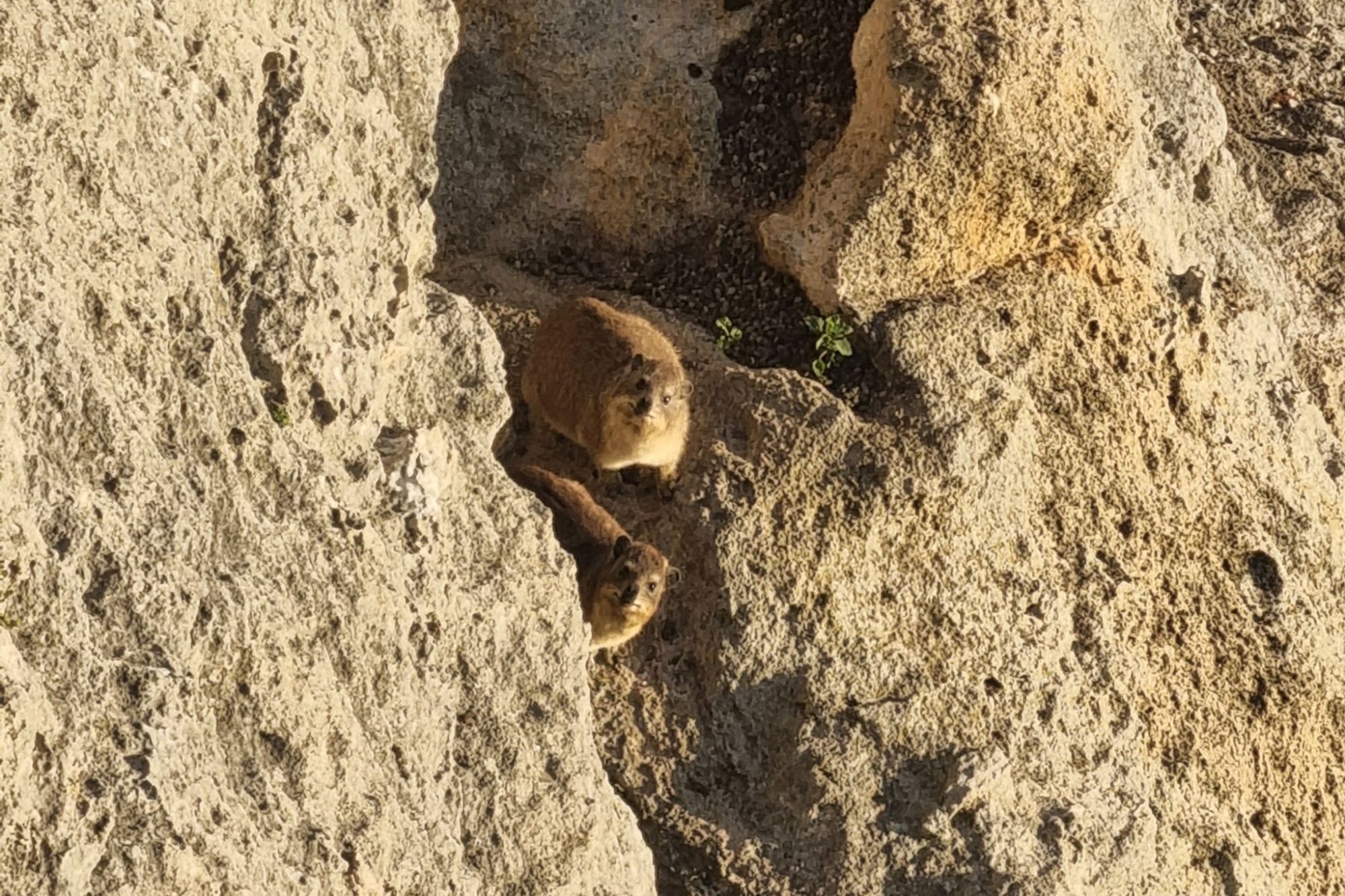
Dassies were seen lining the estuary edges whilst CapeNature staff undertook the long hike up to the vulture colony
Related News
How can I assist you today?
How can I assist you today?


